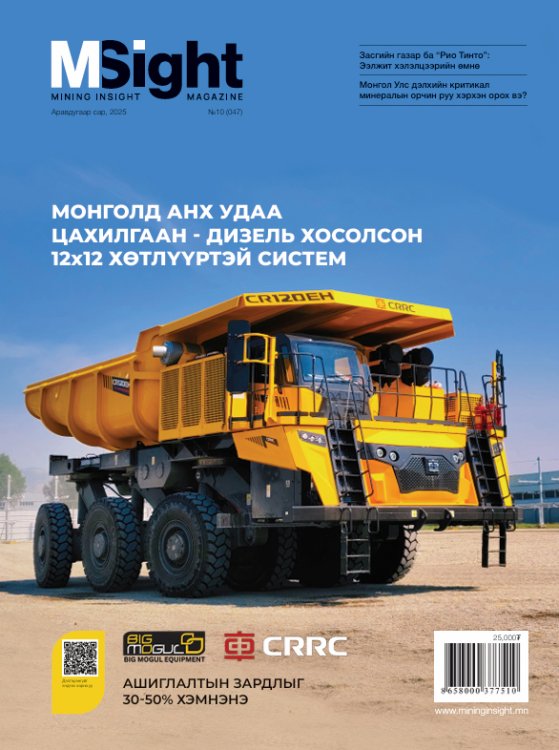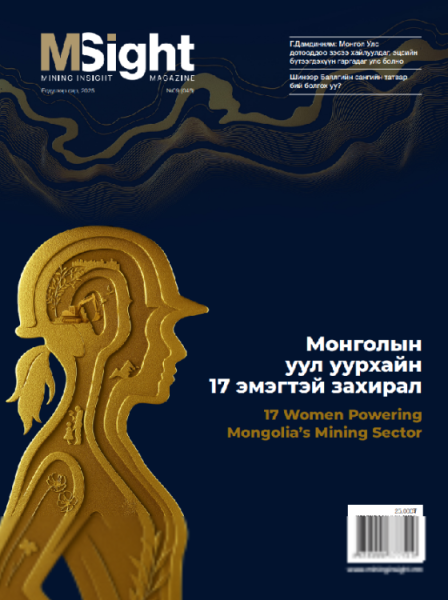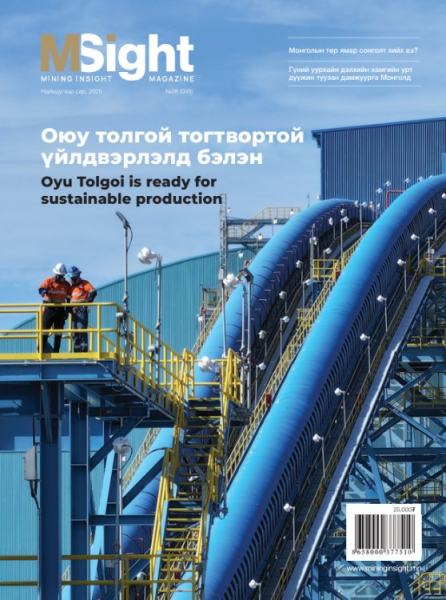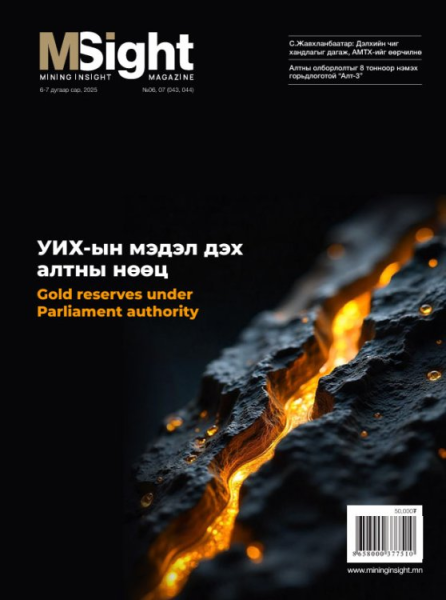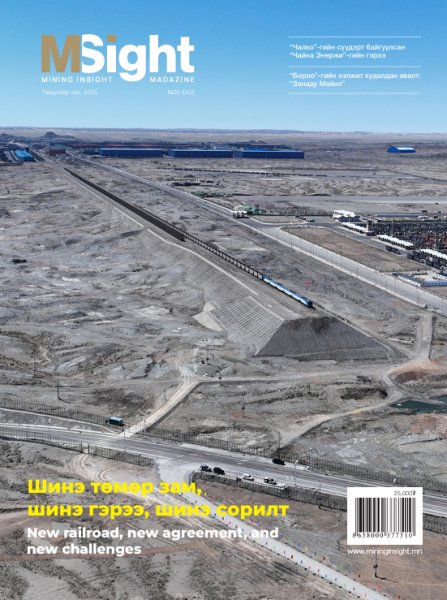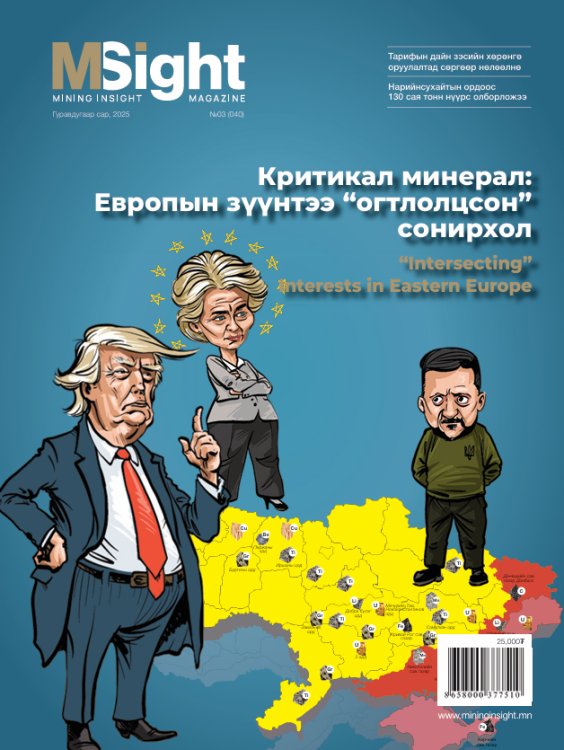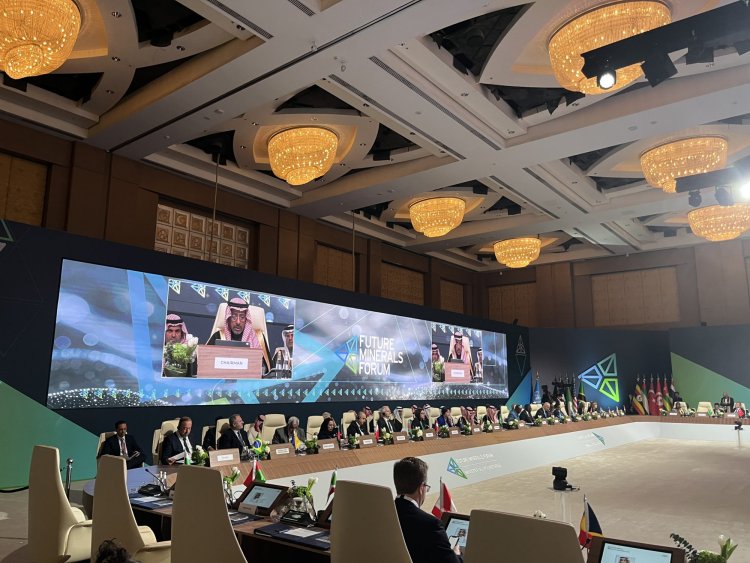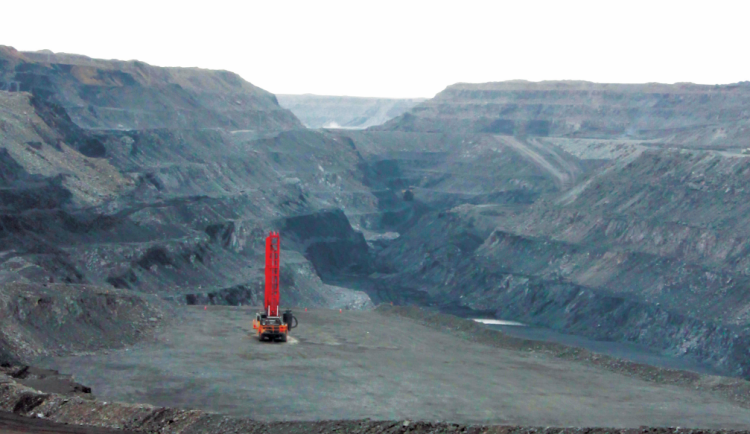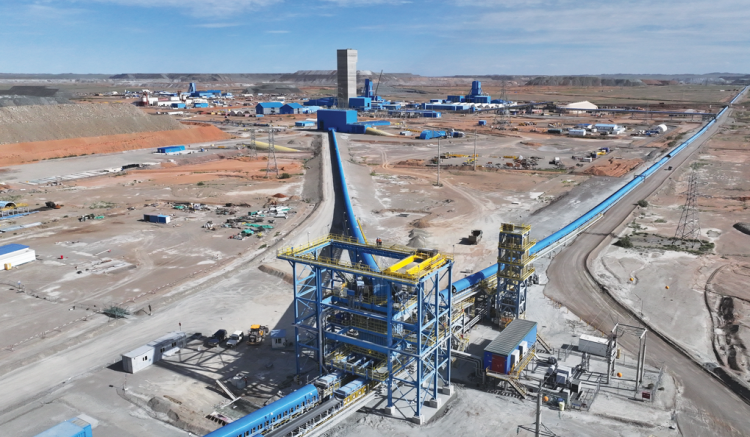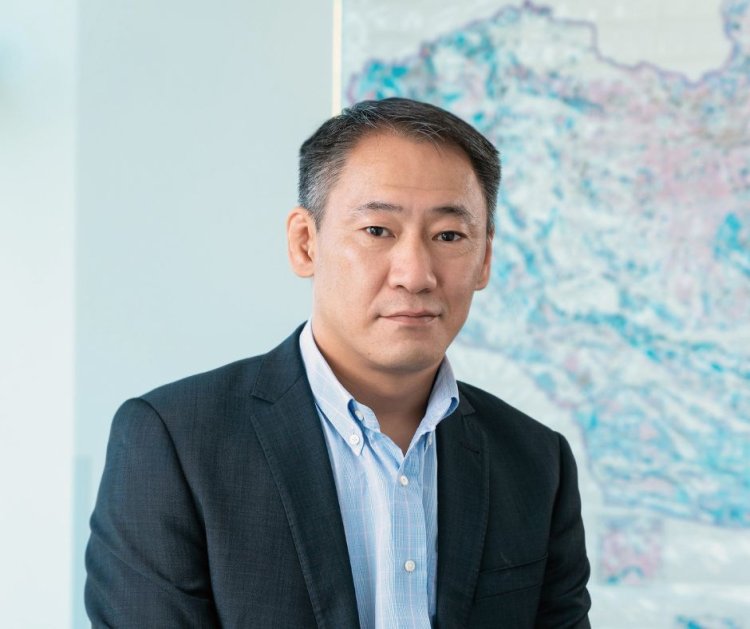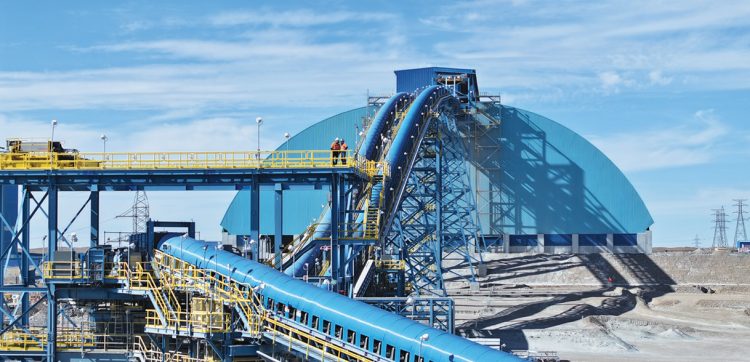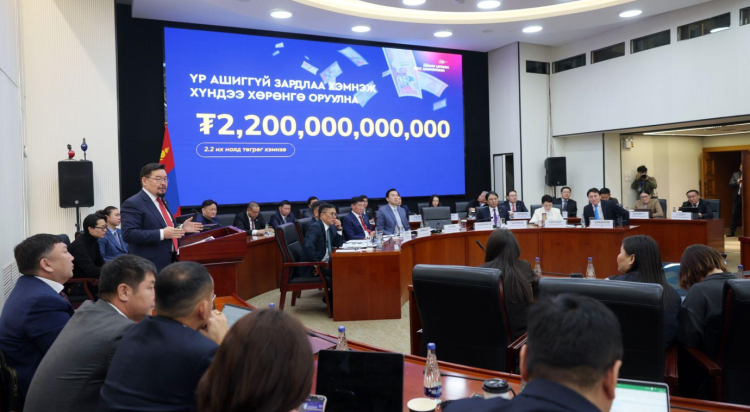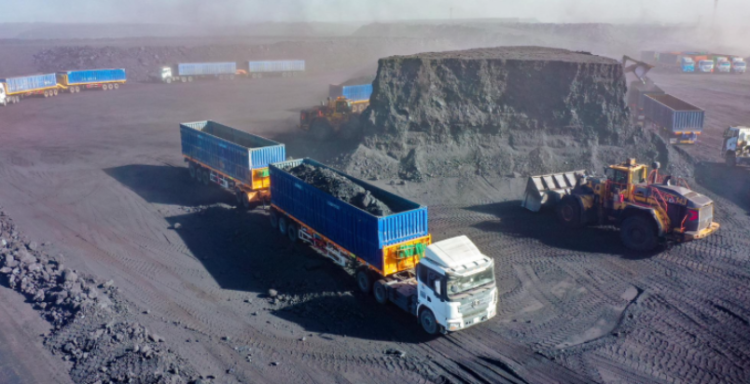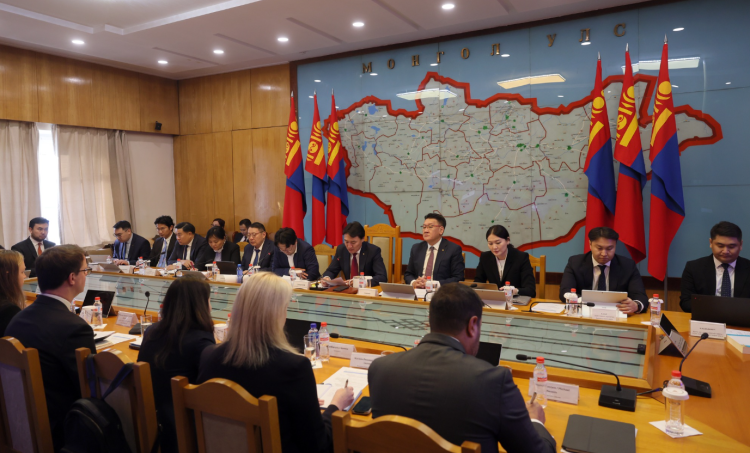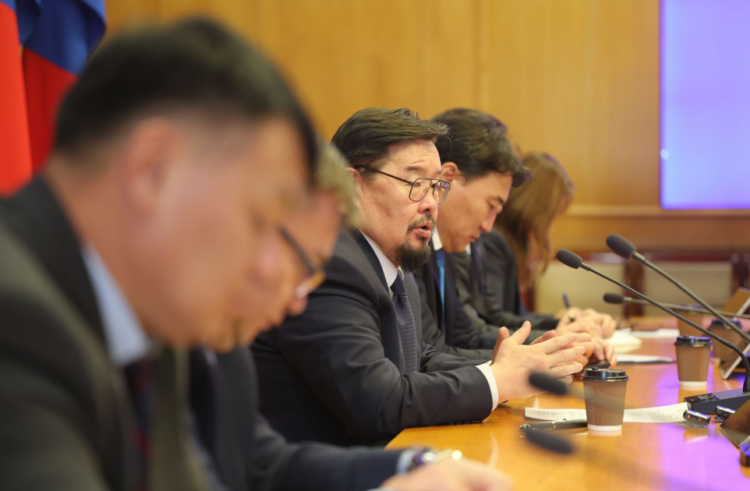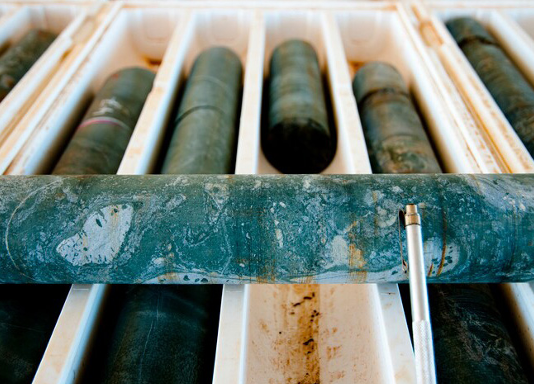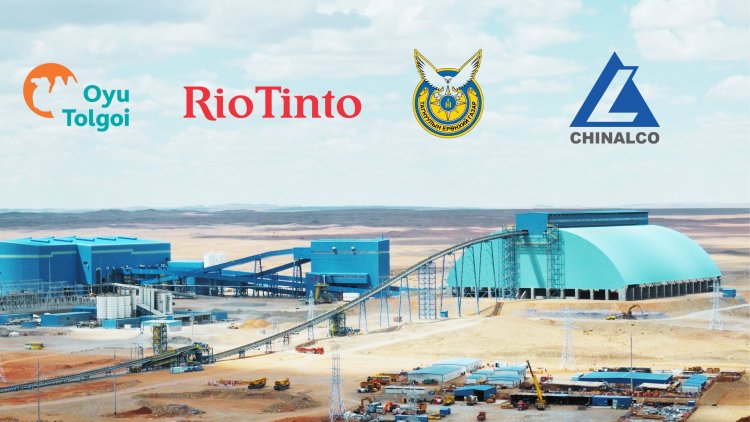 Mining Insight magazine's April issue featured the headline "Allocation of Remedied Income Taxes to Local Communities." The changes to the administration and territorial units of Mongolia, which became effective on January 1, 2022, are bringing a significant impact on the local economy. The main focus of these changes is related to tax regulations outlined in the title. In line with the aforementioned law, amendments to the Budget Law have been made, whereby 40 percent of the Corporate Income Tax (CIT) will now be allocated to the provinces and capitals. This economic policy has been in place for a year, and it is important to examine the impact it has had on local communities. The article "Allocation of Income Tax Revenue to Local Communities" provides a detailed analysis of the impact, using various graphic indicators. The policy change mentioned above aimed to decentralize the centralized budget and give budgetary authority to local communities. One of the notable impacts of this policy has been the emergence of local activism.
Mining Insight magazine's April issue featured the headline "Allocation of Remedied Income Taxes to Local Communities." The changes to the administration and territorial units of Mongolia, which became effective on January 1, 2022, are bringing a significant impact on the local economy. The main focus of these changes is related to tax regulations outlined in the title. In line with the aforementioned law, amendments to the Budget Law have been made, whereby 40 percent of the Corporate Income Tax (CIT) will now be allocated to the provinces and capitals. This economic policy has been in place for a year, and it is important to examine the impact it has had on local communities. The article "Allocation of Income Tax Revenue to Local Communities" provides a detailed analysis of the impact, using various graphic indicators. The policy change mentioned above aimed to decentralize the centralized budget and give budgetary authority to local communities. One of the notable impacts of this policy has been the emergence of local activism.Previously, regions relied solely on budget subsidies and focused only on spending. However, with the new policy in effect, these regions are now compelled to work on initiatives to generate income. This means that the fate of the budget income now depends on supporting entrepreneurs, attracting investments, and seeking solutions for cooperation. This is a significant step forward.
The local government has made significant strides in supporting local enterprises and entrepreneurs by responding promptly and flexibly to issues. Additionally, the policy of attracting large corporations to the area has been implemented intensively. Evidence of this can be seen in the relocation of major national companies such as "MAK Euro Cement" and "Moncement" to Dornogovi Province, resulting in increased local tax revenue. If we examine the impact of this economic policy on the mining sector, we can see that the relationship between mining and the local government is improving. In the past, local authorities would often use antimining rhetoric to gain political support during elections, and there was even a competition to see who could create the largest "specially protected areas." However, these distortions are now being corrected. The provincial and district administrations have taken a new approach towards mining, expressing their willingness to cooperate with responsible and reliable companies rather than unnecessarily opposing them.
This was openly announced by the Governors of the Dornogovi and Dundgovi Provinces in the March issue of Mining Insight. However, local administrations and mining companies must maintain transparent and open cooperation, ensuring that citizens understand their actions correctly. The recent changes in the laws have not only affected the tax distribution but also the allocation of resources and expenditures of the Local Development Fund (LDF). These changes have led to a more equitable distribution of fund resources and a greater M potential for local people to benefit from mining income. As a result, the budget income of soums with mining activities has significantly increased. For example, in 2022, Delgertsogt Soum, Dundgovi, which has almost no license, received MNT 30- 40 million from royalties through LDF, while more than MNT 580 million was allocated to Bayanjargalan Soum, Dundgovi, which has the most licenses. In addition, the Social Responsibility Agreement provides additional financing, with nearly MNT 1 billion allocated to Bayanjargalan Soum. It is important to note that while these changes are positive, local administrations and mining companies must maintain transparency and ensure that the citizens understand the benefits and risks associated with mining. The policy of benefiting the communities where mining activities take place is praiseworthy. However, it is important to consider the issue of unpreparedness for unexpected income.
As evidenced by the unexploited and unusable funds carried over to the next year, it is clear that there is room for improvement. Mining Insight is preparing further articles on the local distribution of royalties, with a focus on this issue. Check out the latest interview with B.Munkh-Erdene, the chief geologist of "Badrakh Energy," discussing the successful uranium exploration work that has increased Mongolia's uranium reserves. The interview covers the latest developments on the Zuuvch-Ovoo project, including ongoing negotiations for a more than 50-year investment agreement. Munkh-Erdene, who has spent 26 years exploring uranium in Mongolia and discovered two deposits, provides valuable insights into the project's potential impact on the country's economy.
If successful, this will be the second major investment agreement for Mongolia, following the Oyutolgoi project.



